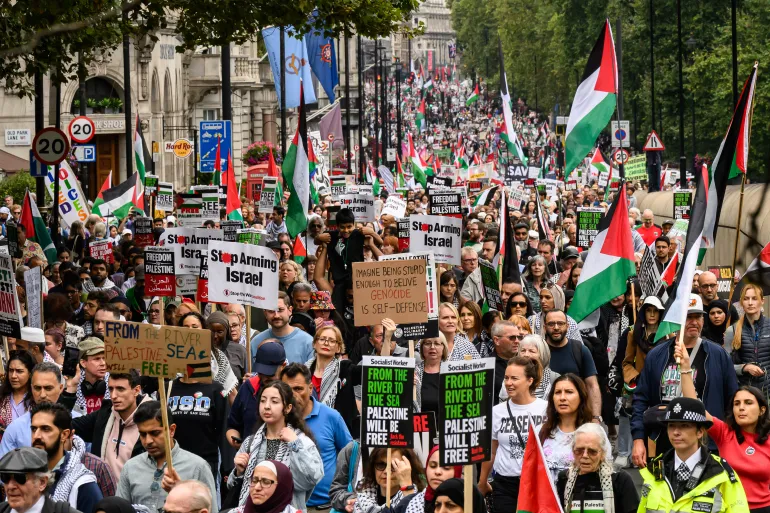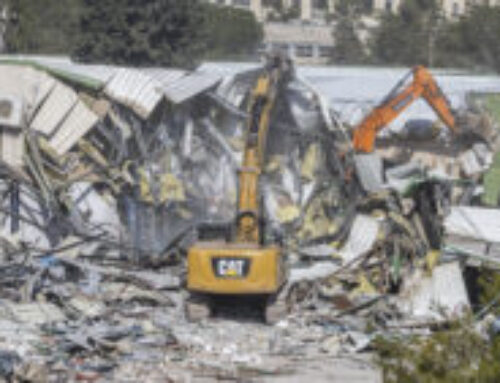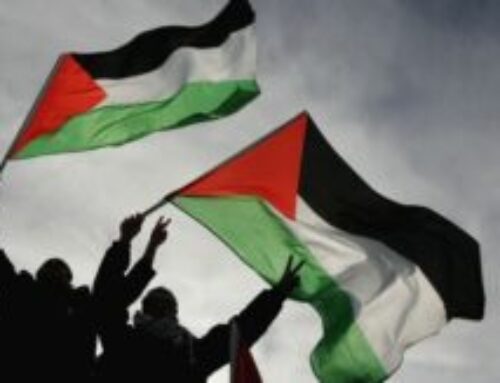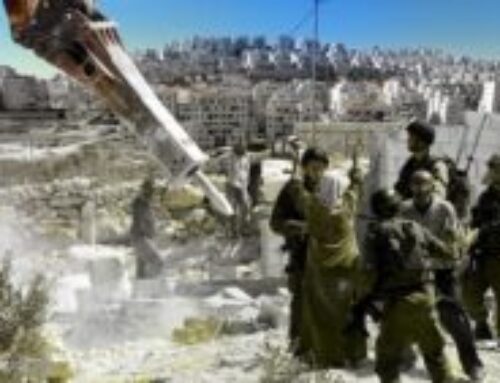For weeks, world capitals have witnessed an unprecedented wave of protests in support of Palestine and in rejection of the war in Gaza. As the assault, siege, and starvation continue, the streets of European and Western cities have been filled with demonstrators waving Palestinian flags and chanting for an end to the attacks and the blockade—until the roar of the street began to impose itself directly on decision-making circles.
In Amsterdam, Paris, Manchester, and Berlin, as well as in Tangier, Auckland, and Tokyo, massive crowds demanded an end to the genocide and the starvation of civilians. Even rain could not stop the demonstration in Gothenburg, Sweden, while activists climbed Mount Olympus in Greece to raise the Palestinian flag. These actions, stretching from Europe to Asia and Oceania, have become real leverage on Western governments.
Under this popular pressure, officials in many European capital have adopted stronger language. In Belgium, Prime Minister Bart De Wever announced that his country would support any sanctions the European Union might propose against the usurping entity without debate. He cited polls showing that more than half of Belgians back economic sanctions, stressing that public anger was a key driver of this shift.
Ireland voiced the toughest stance. President Michael D. Higgins called for excluding the usurping entity—and any states supplying it with weapons—from UN membership, citing a recent UN report confirming that the entity is committing acts of genocide in Gaza. Higgins also criticized the silence of some European capitals in the face of images of starving children, calling such silence a blow to the EU’s credibility.
Popular pressure has also shaped politics in Denmark, where opposition parties demanded recognition of Palestine and an end to exports of military components to the usurping entity. Foreign Minister Lars Løkke Rasmussen stated that Denmark has become more assertive and is pushing within the EU to suspend the partnership agreement with the entity. In Spain, Foreign Minister José Manuel Albares called for a European arms embargo and suspension of the partnership agreement—positions that only months ago were considered off the table.
The shift is not limited to Europe. In New Zealand, the largest pro-Palestine march in the country’s history prompted Prime Minister Christopher Luxon to describe the entity’s actions as “utterly disgraceful,” announcing that his government is considering official recognition of the State of Palestine.
This global wave has also fueled a growing trend within the EU and other Western countries—including the United Kingdom, France, Canada, and Australia—to recognize the State of Palestine at the upcoming United Nations meetings.
The voice of the street is thus transforming into a political force, pushing governments to adjust their stances toward the usurping entity. As protests spread and Gaza’s tragedy endures, it is clear that the public is no longer a mere spectator, but a key player reshaping Western diplomacy and forcing a new approach to the ongoing genocide in Gaza.





